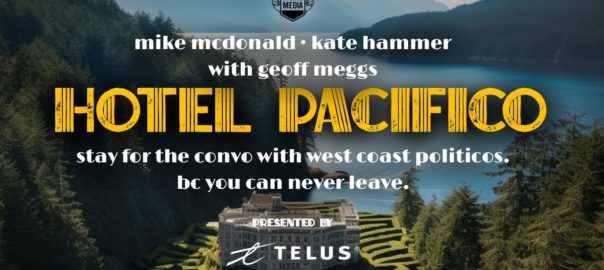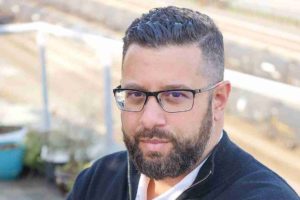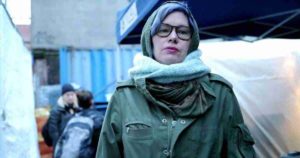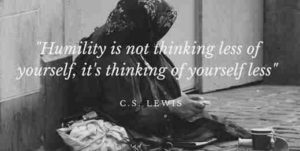
In the era of Donald Trump and Pierre Poilievre, humility has become so out of fashion as to almost have been forgotten. Nonetheless, it is worth articulating why humility is an essential attribute of civic life.
Genuine humility and good governance is defined by grace and an intense interest in the lives of others. The perspective of the public, our neighbours, must always be taken into account in the taking of decisions in the public realm.
In the fabric of democracy, humility will always stand as a cornerstone that fortifies the integrity and efficacy of electoral processes and the governance that ensues.
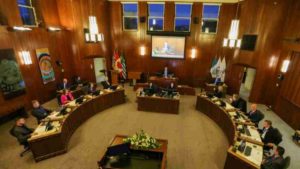
At the municipal level, where governance directly touches the lives of citizens in their communities, the significance of humility becomes even more pronounced.
Humility plays a critical role in the electoral process and among elected officials at the civic level, in fostering trust, co-operation, and effective leadership.
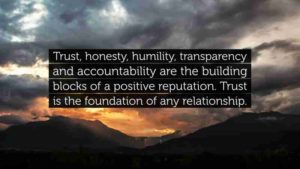
If we in Vancouver have suffered in the civic domain for most of the past quarter century, bereft of an otherwise recommendable civic administration of conscience, the central failure of governance in our city has occurred as a consequence of an unremitting arrogance, and a certitude that what is being done is right and in the collective interest, whether or not community consensus has been achieved.
Humility in the electoral process serves as a linchpin in maintaining the democratic ideals of fairness and equality.
Municipal elections are the bedrock of local democracy, where individuals come together to choose representatives who will voice their concerns, make decisions, and shape policies that directly impact our day-to-day lives.
Humble candidates prioritize the needs and aspirations of their constituents over personal ambitions, engaging in genuine dialogue and actively listening to the diverse voices within their communities. They eschew grandstanding and instead focus on authentic connections and constructive discourse, thereby fostering an electoral environment that is characterized by respect, civility, and inclusivity.
Once elected, those persons who are elected to City Council, Park Board or School Board bear the weighty responsibility of representing the interests of their constituents, while navigating the complexities of policy making and administration.
In this capacity, humility serves as a guiding principle that grounds officials in a recognition of their fallibility and the limitations of their knowledge.
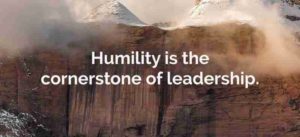
Humble leaders understand that they do not possess all the answers and thus remain open to diverse perspectives, expertise, and feedback from both constituents and fellow stakeholders.
By embracing humility, elected officials cultivate an environment of collaboration and collective problem-solving, transcending partisan divides and fostering innovative solutions to the myriad challenges facing their communities.
Furthermore, humility engenders trust and credibility among constituents, essential elements for the legitimacy of municipal governance.
In an era marked by heightened skepticism towards traditional institutions, humility offers a powerful antidote to the erosion of public trust in government.
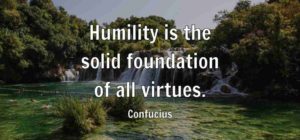
Humble leaders prioritize the common good over personal gain, earning the respect and admiration of their constituents through their humility, authenticity, and commitment to serving the public interest.
The challenges confronting municipalities require leaders who possess the humility to acknowledge the complexity of these issues and the willingness to collaborate with diverse stakeholders to address them effectively.
Fostering trust and cooperation to promoting effective leadership and governance, humility serves as a guiding principle enriching the fabric of local democracy.
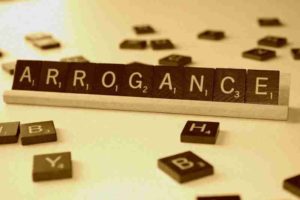
Let us be very clear here: we as a voting public in Vancouver do not want more arrogance in civic governance of our city.
We do not want holier-than-thou elected civic officials, whether they are with the so-called “progressive coalition” or the nominally right-of-centre ABC Vancouver civic party dictating what is best for us, and ignoring our voices. We’ve had a quarter century of that, and that is more than enough.
In Vancouver, to be a respected, successful and admired politician, one must know what one stands for and what one is fighting for, to know how to work with others, to listen to the public and be a voice for change for the better.
If you’re an elected official, you better darn well listen to the public, bring them along with you, and not find yourself sitting back on your high horse telling the public …
“Oh, deary, I know what’s best for you. Oh sure, I know you think you know what’s best for you, but believe me, I know better than you what’s good for you. Just trust me. And even if you don’t trust me, I’m going to go ahead and do what I damn well please, anyway.”
That’s a recipe for electoral disaster, and a very pissed off public — and if you’ve got any caring, compassion and humility at all, you don’t want that.
Take heed elected officials. Should you fail to do so, you proceed at your peril.
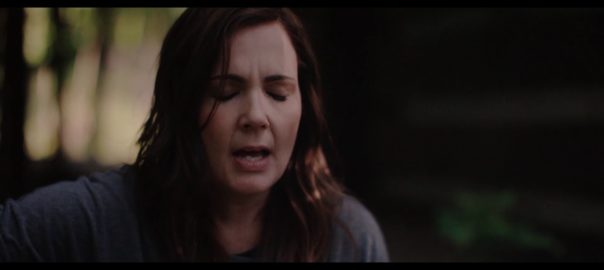
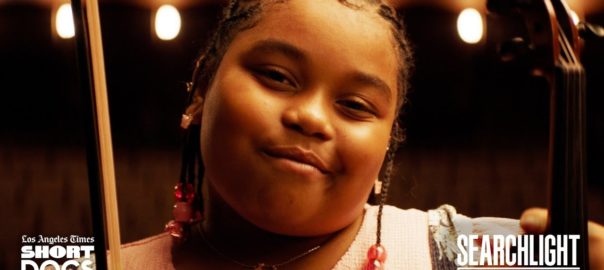
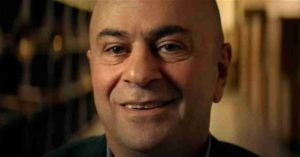
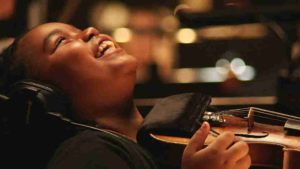
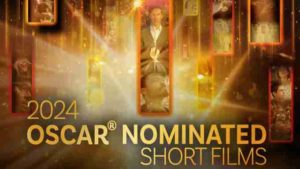
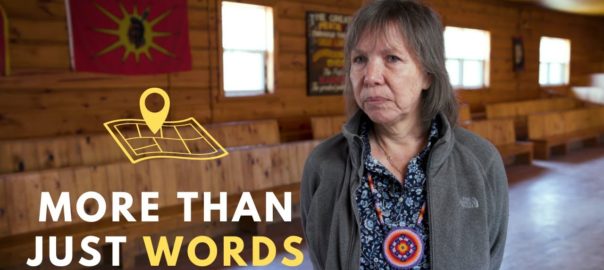

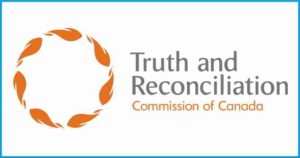
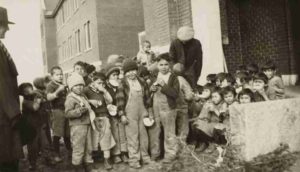
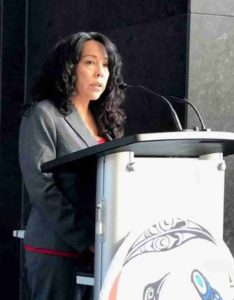 Joanne Mills says for reconciliation to take shape, there needs to be an honest attempt to restore to Indigenous people what was taken at the time of colonization.
Joanne Mills says for reconciliation to take shape, there needs to be an honest attempt to restore to Indigenous people what was taken at the time of colonization.